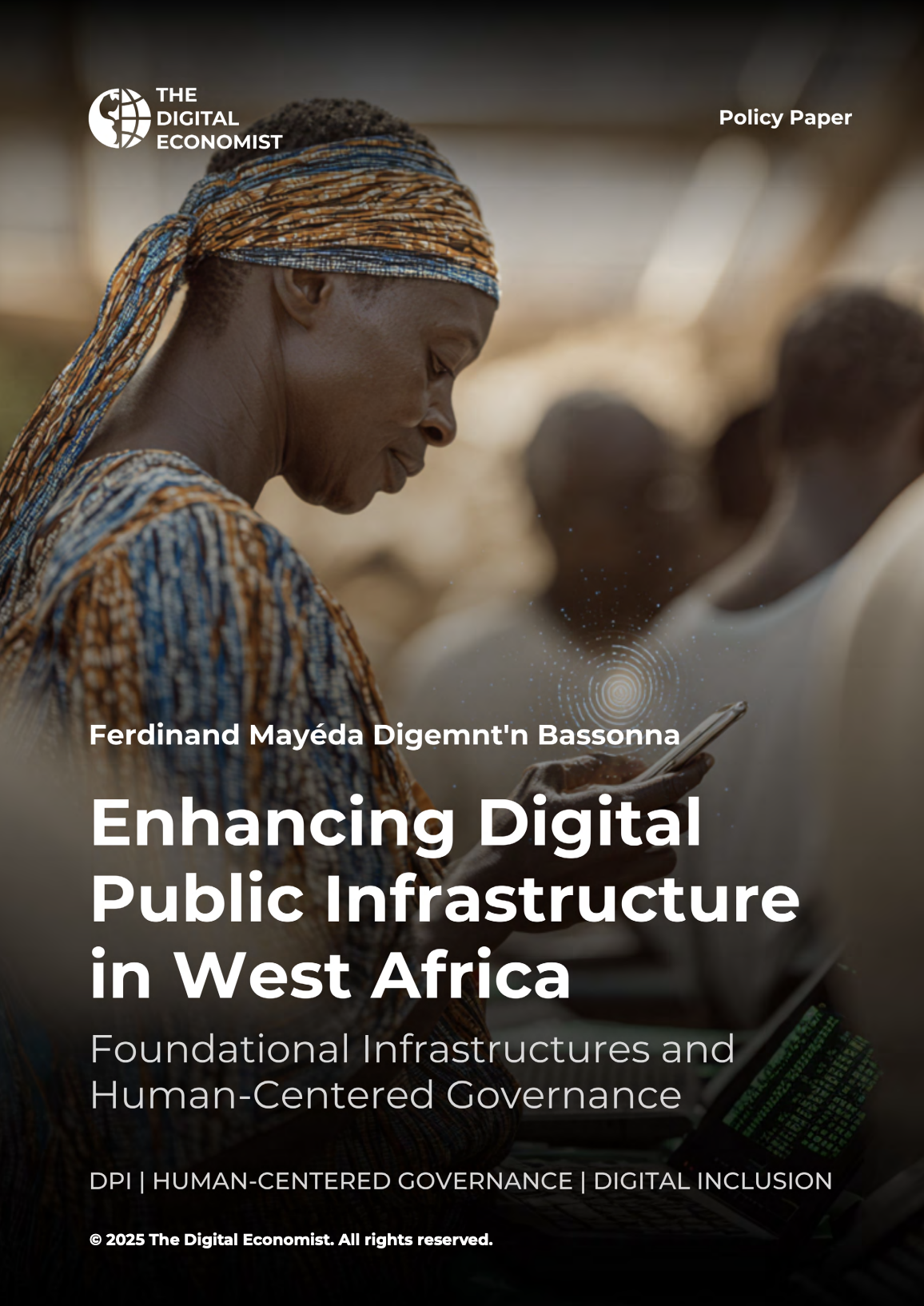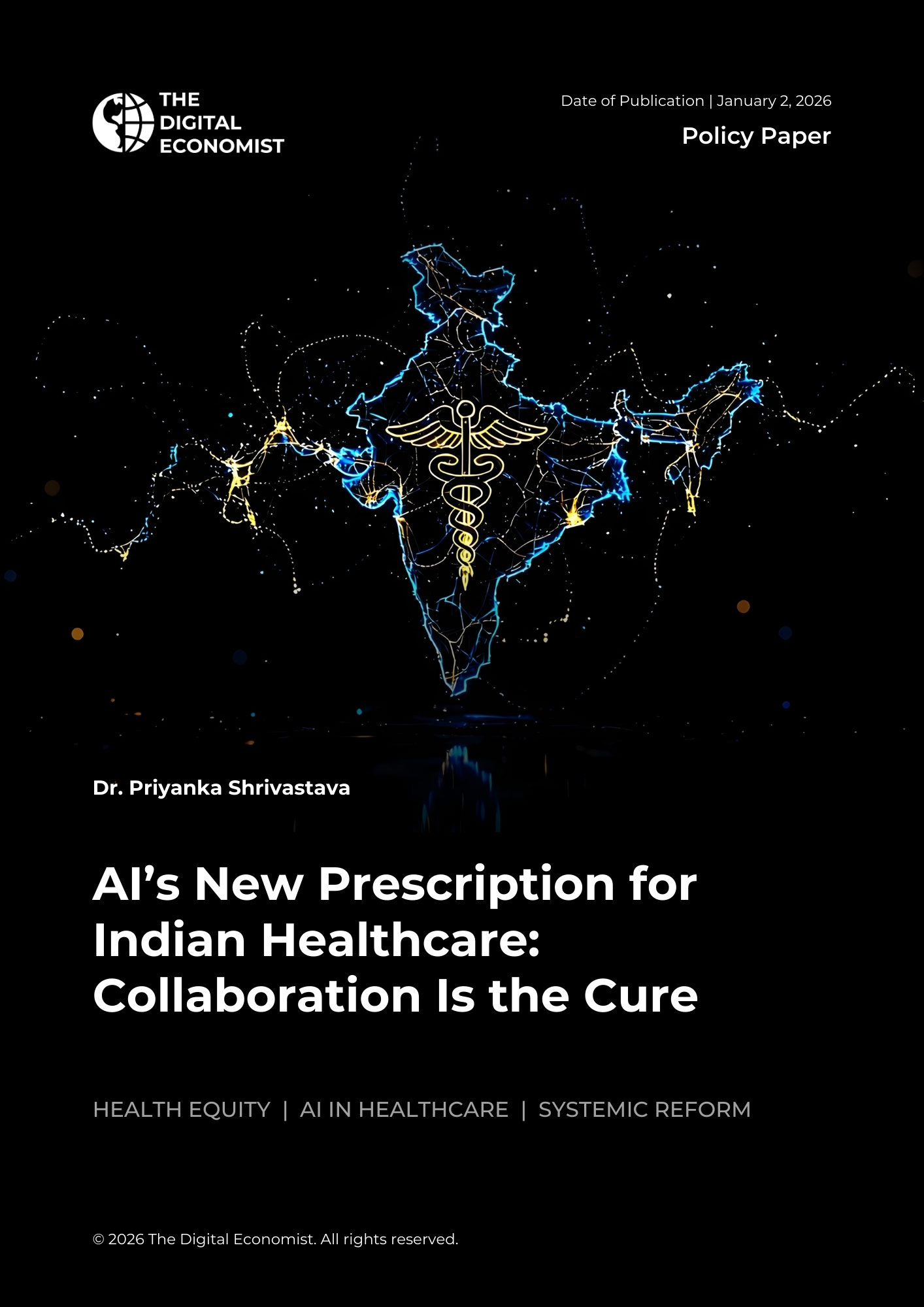
Digital identity, payment, and data exchange systems form the foundationof Digital Public Infrastructure (DPI), to which other designed forms can beadded for application across various sectors. However, the possibilities andopportunities they offer to people in West Africa are narrow or unstable whenlegal identity and other foundational elements related to electricity, digital skills,devices, and internet access—essential for enhancing their implementation—are missing, weak, or unaffordable. Human-centered governance is crucialfor holistic solutions to enable meaningful social welfare improvements. Theapproach involves ensuring readiness through harmonized cybersecurityand data protection measures, as well as fostering sustainable public-privatepartnerships (PPPs). Instead of viewing Digital Public Infrastructure solely asa common good or a public good, a balanced approach that integrates bothperspectives will allow for solutions that align with the needs of the digital eracomprehensively and effectively.Legal and institutional divergences, in addition to weak investments and stronggaps in legal identity documentation, lead to fragmented solutions that restrictthe exercise of human rights. Legal identity documents as proof of citizenshipremain primordial alongside the establishment of digital identity.

